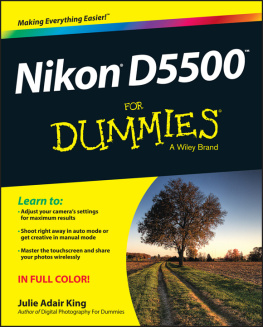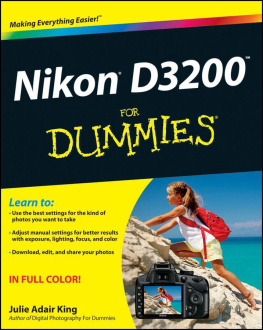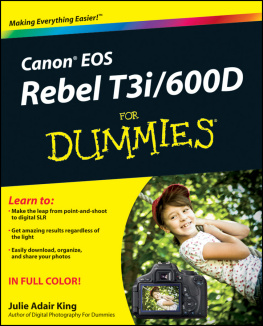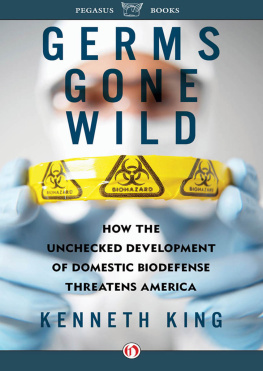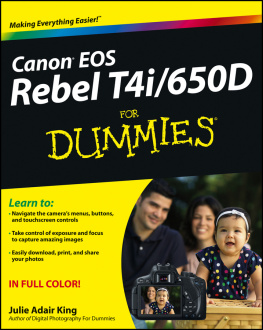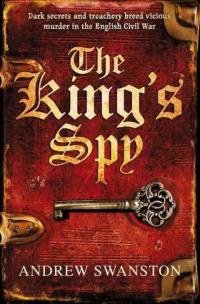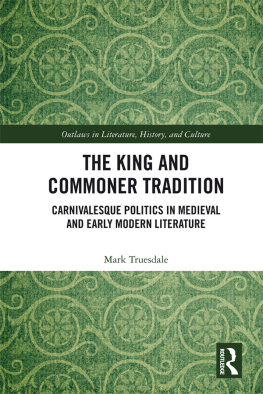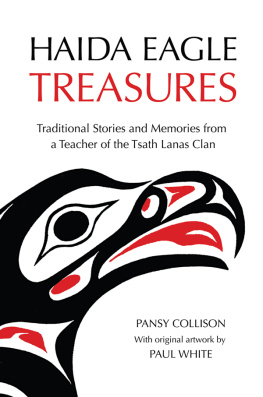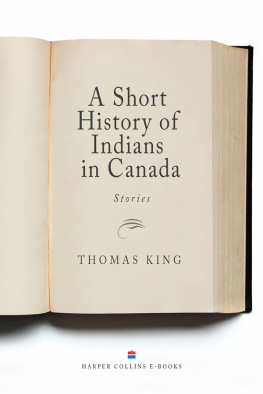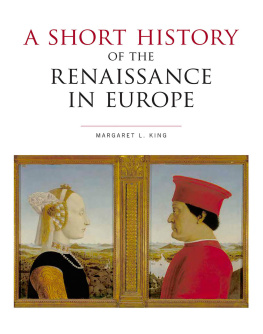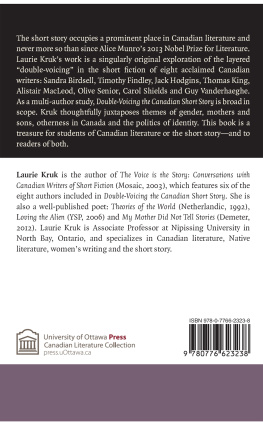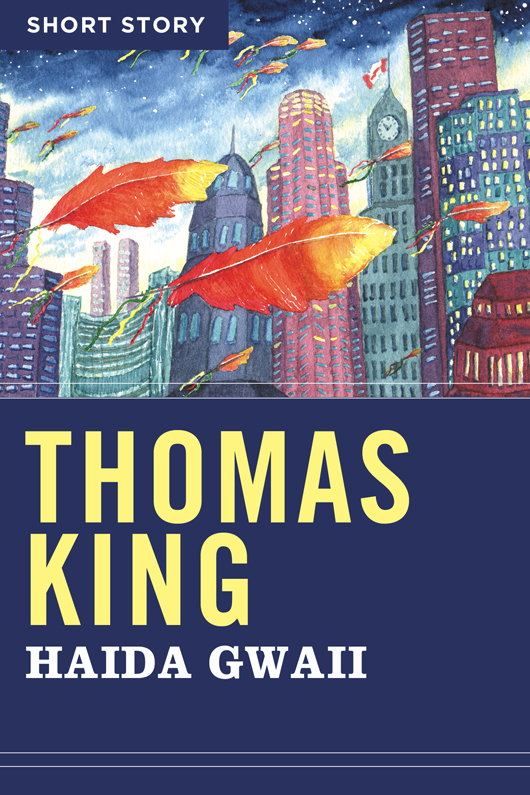He hit an eagle.
The phone rings. I wake up. An eagle, Steven says. Would you believe it? At Queen and Yonge. Making a right turn.
What time is it?
Youre Native, he whispers into the phone. Do something.
I squeeze the pillow against my breasts. There are no eagles in Toronto, I tell him. Its a seagull, they dont mind being hit.
A friend in Alberta once showed me an eagle hung on a fence, its head blown away by a farmer from Fort Macleod who feared the bird might want something he owned. Might swoop down and pick his pocket when his back was turned. Steal his truck. Sleep with his wife. Occupy his home.
The buzzer rings. I stand in front of the door and practise breathing. Steven is in the hall with a brown grocery bag. He waits there, smiling, expecting that Ill ask him to come in. My mouth is thick and sticky. My hair is bent to one side. The stubble on my legs catches at my robe.
What do you want?
Here, he says, its in the bag, and he slides by me, smoothly, rippling into the room, flooding the apartment as he goes.
Nice place.
There are newspapers on the floor. Dishes in the sink. A pile of dirty clothes near the stove. These days I have little to interest eagles. A few books. My mothers sofa. A television with a built-in VCR. A deaf cat.
I have to see a man about a horse, he says.
The bag is heavy. The bottom is dark and wet. I set it on the table and listen to see if he raises the toilet seat. Or if he lowers it. Or if he washes his hands when hes done.
When we were in love and in Haida Gwaii, we stood on the rocks and watched eagles tumble out of the trees each evening to take fish off the water. This is where Raven put Eagles body in a tree, I told him, and this is where Sun brought her back to life.
So this is where you were born. Far out.
In this particular memory, Steven runs down the beach, his arms thrown out, his clothes catching the wind.
Im an eagle! His body dips from side to side, weaving in and out of the water, turning and coming back to me on the fly, like a rock thrown at a wall. Youre a fish, he says, and pulls me down onto the sand.
Overhead, the seagulls float and search the foam for food. Further out, dark clouds sit on the water. The sand is heavy and damp. Steven pulls his shirt up over his head and kicks off his shoes. He unbuttons my blouse and tosses it into the air. It hovers above us for a moment like a bird.
The eagles do not follow us. They drift back into the tree. They know trouble when they see it.
Afterwards, we walk to where the land and sea turn north and run out to Rose Spit. It is the westernmost point in Canada, a low promontory of sand and storm-thrown grass. Near the end of the spit is a weather tower, a thin-legged platform caught in a web of guy wires. I climb to the top and watch Steven below me, picking his way through the tangle of driftwood and logs at the waters edge. He stands on top of a dead tree and smiles and waves his arms and shouts at me, but all I can hear is the ocean and the sound of the wind. Perhaps its an apology. Perhaps it isnt.
Steven flushes the toilet and comes back into the room. I didnt mean to hit it, he says. It just flew in front of the car. There was nothing I could do.
Steven smiles at me. He tilts his head to one side the way he used to tilt his head when he wanted me to kiss him or put my head in his lap or make him a cup of coffee.
You with anyone? he says
I want to clean the apartment. Sweep the floor. Make the bed. Organize the refrigerator.
Wash my hair.
Shave my legs.
Take out the trash.
Steven sits down on the sofa, spreads himself out generously, and, in that moment, I realize that the bag might not contain an eagle at all, that it might be filled with doughnuts. Bagels. Fruit. Chocolate. A peace offering. An intention. Perhaps something more. Perhaps something less.
I thought there might be a ceremony, he says, like the one in the story.
I make coffee. Steven stays on the sofa and watches me as I move from the stove to the refrigerator. Youre looking great, he tells me. You lose some weight?
In that memory of Haida Gwaii, there is a car on the beach. Stuck sideways in the sand. A car driven too far. A man stands by the rear wheels, a piece of driftwood in his hand. A woman stands near the hood, her arms wrapped around her body. From my tower, I imagine that they are lovers on their honeymoon. The man from Alberta. The woman from Ontario. Perhaps the trip hasnt gone too well so far. A minor accident in Swift Current. A burst radiator hose in Medicine Hat. An argument in Prince Rupert. And, now, at last, this.
The sky above the car is alive with ravens and gulls. They lie on the wind pretending not to listen. I love you, honey, the ravens chant at the gulls. Lot of good thats going to do now, the gulls sing back.
When we take pictures, we tend to take pictures of resting moments. With scenery. But what we remember are the disasters. These are the memories that bind us. These are the memories we share with friends. Standing on the tower I can see the couple in the distance shaping their memories. The car is a rental. Or it was purchased just before the wedding. Or given to them by parents. They are in love and too young to know anything about sand and water. Too young to know to stay on maintained roads. Too young to know how quickly tides shift.
Dont worry, the ravens shout, I know what Im doing, and the gulls rise up on the gusts and fall away, laughing.
The man digs powerfully with his stick, clearing the tire and the axle so the car can settle deeper into the sand. The woman had already seen the danger long before they made it this far but realized that, even with the protection that passion provides, she could not hope to slow his enthusiasms. While the man works, the woman opens the trunk. Inside, between the suitcases, are brightly coloured shopping bags with twisted paper handles, each overflowing with presents and souvenirs. She looks through each bag, carefully considering each item, finally leaving everything behind and walking across the rocks and the logs, up to where the grass begins.
I watch the ravens and the gulls. They are delighted. The tide is on its way. They know it wont be long now.
That day at Haida Gwaii, I wait on the tower until Steven finds me. We lean into the wind and watch the man and the woman and the car. Should we help? I ask. The water has almost surrounded the car now.
No point, says Steven. Theres nothing worth saving.
What about us?
Steven raises his arms. He pushes me against the guy wires and buries his face in my hair. Ill save you, he says.
At Queens Quay, Steven takes the bird out of the bag. It is a sorry sight. The body is crushed. Someone has cut off the head and the feet.
Did you do this?
I havent been with anyone for a long time, he says. What about you?
Its not an eagle, I say, its a goose, but I can see Steven knows this already.
Ive missed you, he tells me.
I stand by the railing and look out over the lake. The wind off the water is cold and quick. Steven hangs the goose in a thin ornamental tree that grows out of an iron grating and interlocking bricks. The branches are too weak to hold the bird, so he wedges it deep in the crotch of the trunk.
And Im betting youve missed me.
Steven brings back a wing feather. Something for your war bonnet, he says. And he opens my coat and slides the feather inside my blouse.
We should go, I say.
Dont you want to see if the Sun is going to save Eagle? He herds me along the railing with his hands. I still love you, you know.



